The Nigerian Civil War was a violent, three-year, conflict between Nigeria and the seceded southeastern region of Nigeria- renamed Biafra. When the Republic Of Biafra renamed itself and seceded from Nigeria on May 30th, 1967, the war quickly began. The war prompted widespread international outcry due to widely publicized accounts of civilian casualties and suffering. Long since the war has ceased, the conflict has served as an example of the damage inflicted by European Imperialism on African countries. Seven years prior to the beginning of the Biafran War, Nigeria had gained its independence from Britain, who had created arbitrary lines to create the nation, disregarding any of the preexisting divisions along the lines of ethnic and linguistic differences. Before conflict arose, the stage was set for its appearance.
The three most dominant ethnic groups of Nigeria- the Hausa-Fulani in the North, Yoruba in the southwest, and Igbo in the Southeast- were the epicenter of the political instability and tension. On January 15th, 1966, the Igbo successfully held a coup d’état, lead by the Major-General Johnson Thomas Umunnakwe Aguiyi-Ironsi, under the premise of saving the country from political instability and disintegration. The coup was not received well by the Hausa or the Yoruba, and six months after the initial coup, a countercoup was staged by General Yakubu Gowon. As the hands of power exchanged from the Igbo back to the Yoruba and Hausa political groups, Igbo people were punished by massacres all over the northern regions. Thousands were slaughtered and displaced, prompting the Southeastern region of Igbos to separate into their own nation, called Biafra, in 1967.
All diplomatic efforts to solve the crisis without war failed, and less than two months after the secession of Biafra, violence commenced. The federal government invaded Biafra in a full-scale attack. Biafra was surrounded, bombarded with bombs and fighting that killed thousands of civilians. Both soldiers and civilians suffered from a sea blockade that reduced resources such as food, medical supplies, and weapons amongst the Biafrans. During the war, an estimated 5,000 lost their lives to starvation, a result of the blockade and rapid decrease in resources. Without essential resources and international support, Biafra was at a disadvantage in the face of the Nigerian forces. The territory continued to shrink, overtaken by the Nigerian Army, until the Biafra officially surrendered on January 15th, 1970. The military commander, General Chukwuemeka Odumegwu Ojuwu fled to Cote d’Ivoire, effectively ending the war. In the end, the death toll had reached over 1 million.
source:





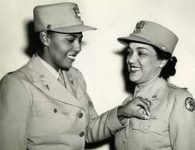
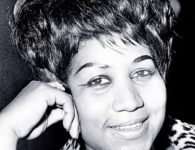

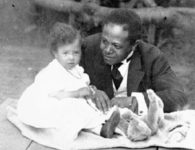

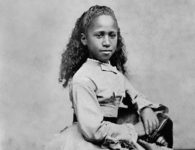
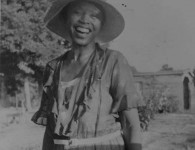
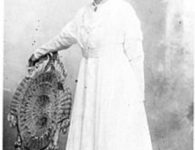

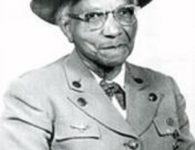

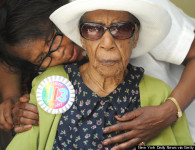




1 Comment
The first coup was not an Igbo coup and it was well received by Nigerians across the country and works of life. Unfortunately most of prominent participants in the coup were Igbos and northern officers perceived it as an Igbo coup. Kindly do a little more research. Read “Why we struck by Adewale Ademoyega” who was Yoruba and an active participant in the first coup.